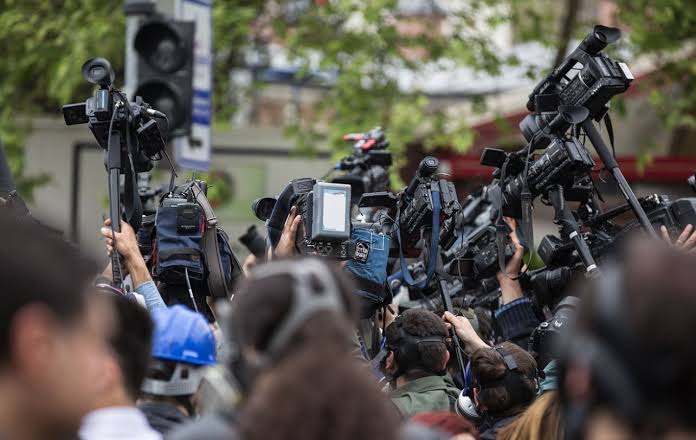NAIROBI, Kenya, Apr 6- Kenya is officially under the firm grip of the Covid-19 pandemic third wave. Five counties of Nairobi, Nakuru, Kiambu, Machakos and Kajiado, have been brought under total lockdown in an effort to stem the spiraling cases of infections and deaths from the global health crisis that has now brought the Kenyan economy to its knees.
Many of the previously announced measures to cushion Kenyans from the economic fallout such as tax relief, delisting from credit reference bureaus, or cash transfers have been thrown out of the window.
With little social safety nets and a government that is too obsessed with giving political updates instead of mounting a decisive response against the pandemic, Kenyans are now floating between fate and adversity.
The challenge has been compounded for vulnerable groups such as those living with HIV/AIDS who cannot access the donated drugs because the government is demanding millions of shillings from the donors in form of taxes.
Meanwhile, the government has taken on a borrowing binge; further indebting an economy already gasping for breath. Since the onset of the pandemic, Kenya has borrowed over Sh1 trillion yet the impacts of the funds in daily lived experiences of the citizens hardly register.
It is during such dire circumstances that you would expect the professional media to play its watchdog role by ceaselessly reporting on and calling the government to account. Yet ours is a media sector that long sold its soul to government operatives; cutting off its ability to check the government.
Kenyan newsrooms have turned themselves into strategic conveyor belts, regurgitating state messaging efforts with little call for scrutiny or accountability.
Instead of asking critical questions on government handling of the pandemic, including how the billions of shillings in loans are spent, the editorial tagline for most of Kenya’s media outlets have reverted to reporting daily infections and deaths from Covid-19.
Our journalists have formed unholy alliance with state’s elite system, denying Kenyans the opportunity to access the truth and hold their government to account.
The recent move by Kenyans to leverage social media platforms and petition the International Monetary Fund to stop granting the government additional loans is a clear indication of media abrogating their duty, leaving citizens to take matters into their own hands.
Besides the rot at the national level, little attention has been cast at the counties and their management of the pandemic. Funds have been channeled to the devolved units yet county bosses appear as helpless as ordinary Kenyans when it comes to addressing challenges affecting the residents.
Earlier efforts by counties to contain the spread of the virus have all truncated. Yet the media has either remained tightlipped or abandoned their role to hold brief for the masses.
The situation has been worsened by the predatory media proprietors who are using their businesses to help perpetuate government ills in return for advertising revenue.
No doubt private enterprises are in search for profits. However, by covering the government led societal decay that is currently festering in Kenya, private media outlets are simply hoisting practices that would end up consuming their businesses in the long run. A failed government cannot be a sustainable source advertising revenue.
By playing a constructive part in strengthening the country’s governance systems, the media will be engaging in self-serving effort that also benefits all.
For Kenyans, the tides are even higher. The political opposition that could have put the government in check has since gone into a cozy relationship with the state.
As the ruling party, Jubilee implodes from inside, the strongest face of the opposition, former Prime Minister Raila Odinga has turned into President Uhuru Kenyatta’s hand man, routinely filmed with state functionaries engaging in unfettered largesse, even as hoi polloi confronts the dangers of penury.
The enterprise of socially engineering a new Kenya is certainly going to be arduous. The media must rethink their strategic role and mount the horse once again.
The fourth estate has been instrumental in shaping Kenya’s socio-economic and political discourse and destiny in the past decades.
It is not impossible for the media to redeem themselves and strike the right cords the country’s chorus of reforms.
There is still hope.
Want to send us a story? Contact Shahidi News Tel: +254115512797 (Mobile & WhatsApp)


